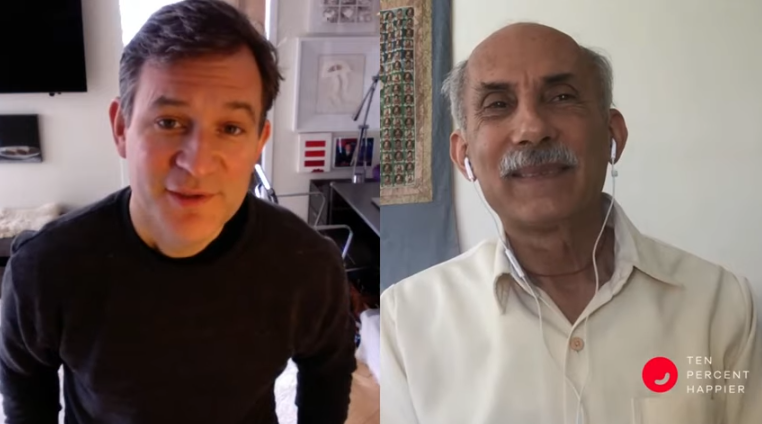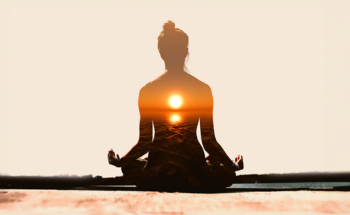Japan’s most beloved Zen poet, Ryokan, was known for being unpretentious and wise. Like Saint Francis he was a lover of simple things, of children and nature. In his poems he writes openly of his tears and loneliness during long winter nights, of his heart leaping with spring blossoms, of his losses and regrets and the deep trust he has learned. His emotions flow freely, like the seasons. When people ask him about enlightenment, he offers them tea. When he goes to the village for alms food and to offer teachings, he usually ends up playing with the children. His happiness lies in being at peace with himself.
Today’s begging is finished: at the crossroads
I wander by the side of the Buddhist shrine
Talking with some of the children.
Last year, a foolish monk
This year, no change!
The emotional wisdom of the heart is simple. When we accept our human feelings, a remarkable transformation occurs. Tenderness and wisdom arise naturally and spontaneously. Where we once sought strength over others, now our strength becomes our own; where we once sought to defend ourselves, we laugh. Allowing room for our dependency and needs brings forth a hidden wholeness. Happiness and love come naturally in letting go of fear. They bubble up like spring water, they spread throughout our being.
Ajahn Jumnien, one of my teaches from the jungles of the Malay Peninsula, brings this spirit when he comes to teach in America. An orange-robed ball of vitality, with endless good humor and a shining heart, he speaks only a few words of English. When he is without a translator his teachings are very simple. “Empty, empty!” he will say. “Happy, happy!” He opens his arms as if embracing all the world and says again, “Empty, empty! Happy, happy!” He knows all things arise and vanish like a dream, they change, they cannot be possessed. Accepting this truth, he moves through the world gracefully and is happy.
One spiritual teacher tells the story of an African-American woman who participated in her yearlong training group. This woman had experienced a lifetime of trauma, poverty, abuse, the death of a parent, racism, illness, a divorce from a painful marriage, and single-parenting two children. These difficulties poured out of her soul and in the course of the group, how she had struggled for years to educate herself, to fight for justice, to gradually find her way. The others in the group told their stories of difficulties as well, the pain and the challenges, the many ways they had struggled. Finally at the last meeting this woman announced, “After all I’ve been through, all the troubles I’ve lived through, I’m going to do something really radical. I’m going to be happy.”
When we understand that freedom of the heart is a possibility for us too, we can awaken to our own happiness wherever we are.
This excerpt is taken from the book, “After the Ecstasy, The Laundry“





